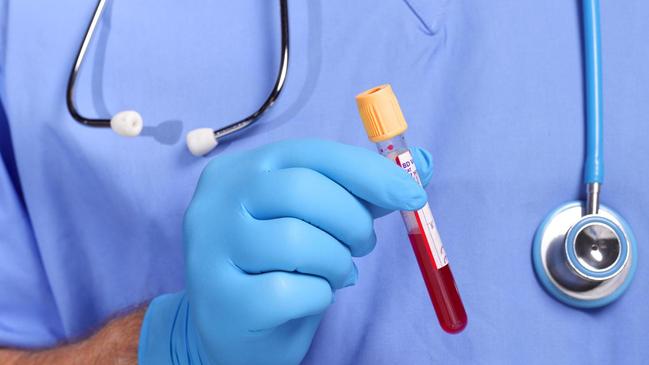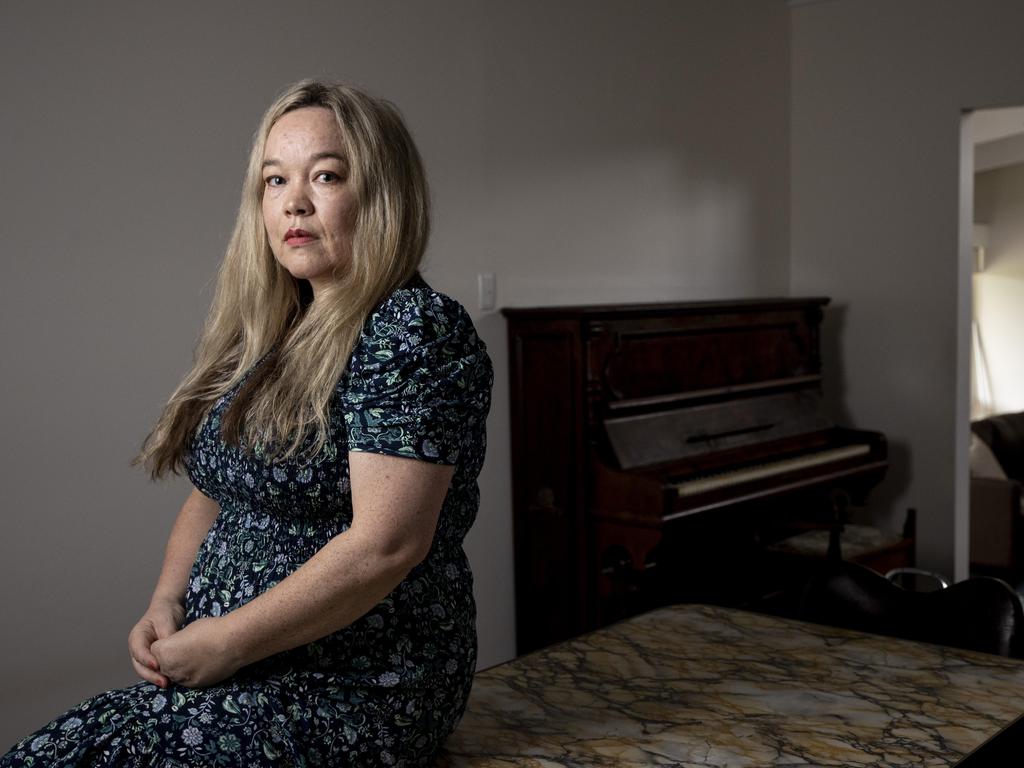Blood test could ‘revolutionise’ breast cancer treatment
A blood search has been designed to spot risk of recurrence long before it shows up in scans.

A blood test designed to spot the risk of breast cancer recurring long before it shows up in scans could “revolutionise” treatment for thousands of women, researchers have said.
The test searches for traces of genetic material shed by cancer cells. It is to be evaluated in a trial that will recruit more than 1000 NHS patients.
“We think we can pick up signs of cancer returning to help work out much more accurately which patients are at risk of recurrence,” said the research team, who are based at the Royal Marsden NHS Foundation Trust and The Institute of Cancer Research.
“We hope that by picking up signs of future cancer recurrence very early, we can more effectively treat the cancer, and perhaps prevent the recurrence from happening in some people.”
The trial will enrol patients with oestrogen receptor (ER) positive breast cancer, who have previously undergone surgery to remove a tumour, and who are taking hormone therapy to reduce the risk of the cancer coming back.
About 40,000 women are diagnosed with ER-positive breast cancer each year. Of those, approximately 8000 are at higher risk of recurrence.
The test looks for what is known as circulating tumour DNA – genetic material from cancer cells that enters the bloodstream. Those in the trial will have a blood sample taken every three months for up to three years.
If signs of cancer are detected, but there is no evidence of it on a scan, they will be randomly allocated one of two treatment options.

One group will receive two drugs – palbociclib and fulvestrant – and the other group will be offered either a change in their hormone therapy or continue on the same hormone therapy. The trial will look at whether the blood test is effective in finding cancer before doctors can see it on a scan. It will also look at whether patients treated with palbociclib and fulvestrant are less likely to relapse.
The TRAK-ER trial is being led by Professor Nicholas Turner of the Royal Marsden NHS Foundation Trust.
“The risk of relapse for ER-positive breast cancer patients is spread out over many years after initial treatment, which is one of the reasons why scans aren’t effective in trying to pick it up,” he said.
“Blood tests could become the standard way of following up with this group of patients, and if the trial produces encouraging results, this could revolutionise how we treat ER-positive breast cancer patients in the future and hopefully save more lives.”
The Times



